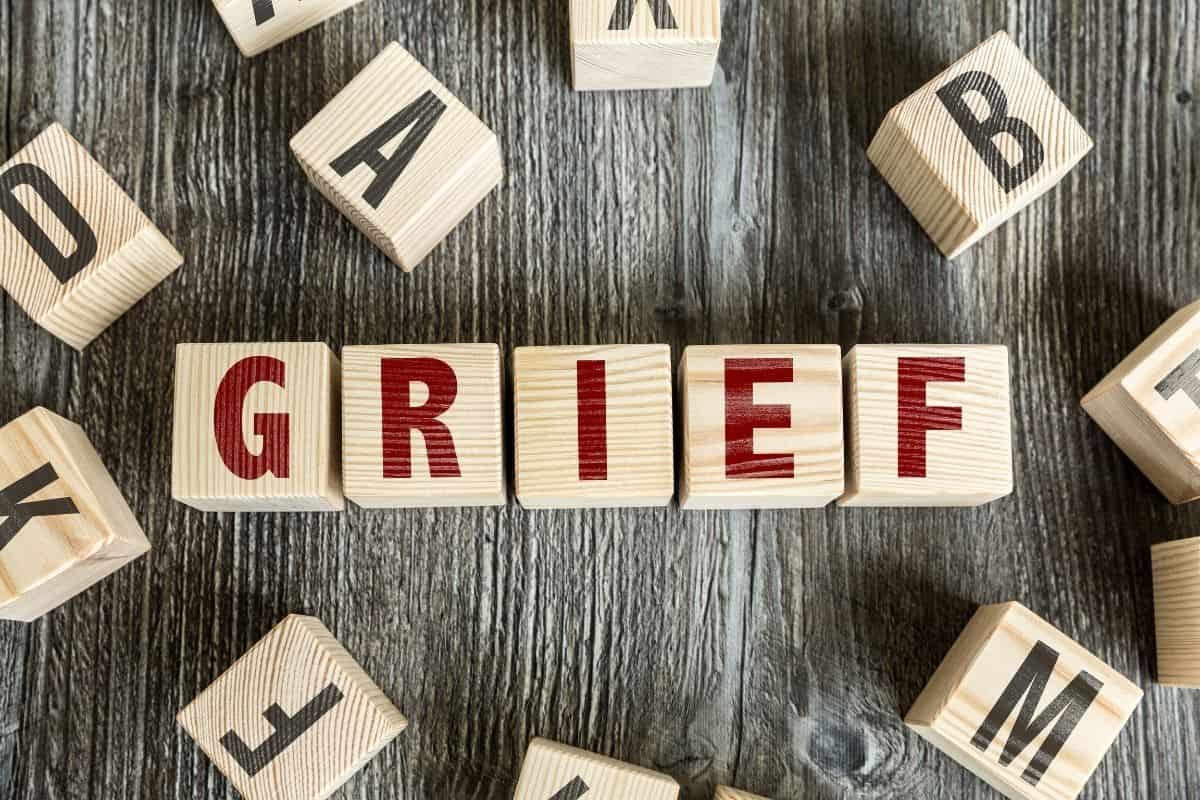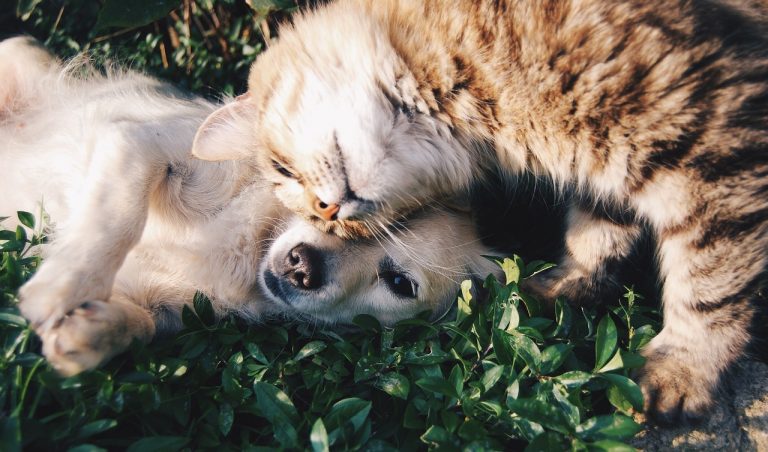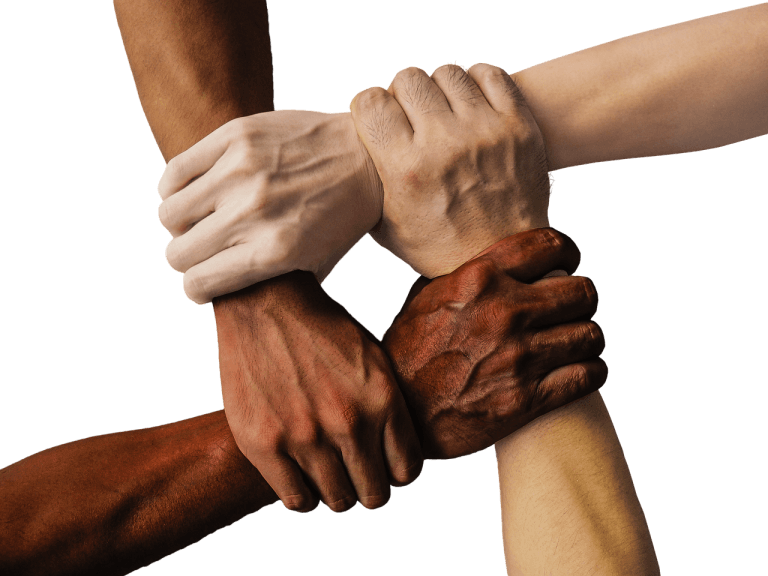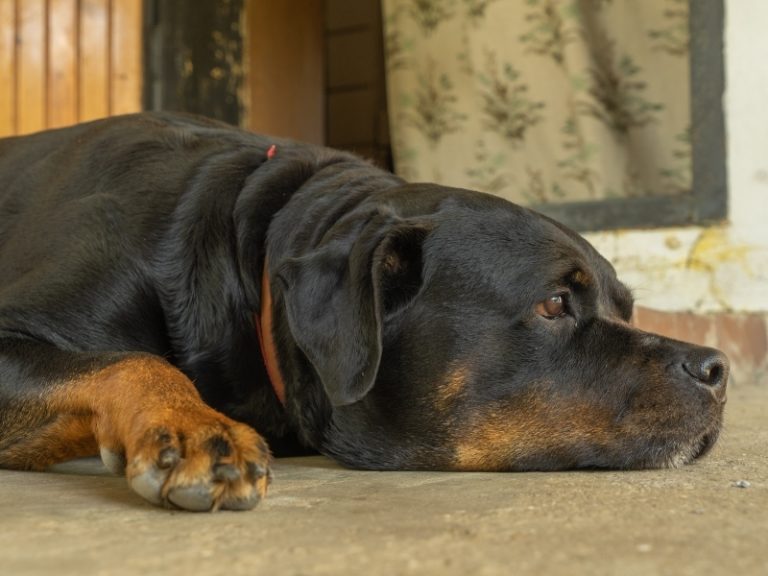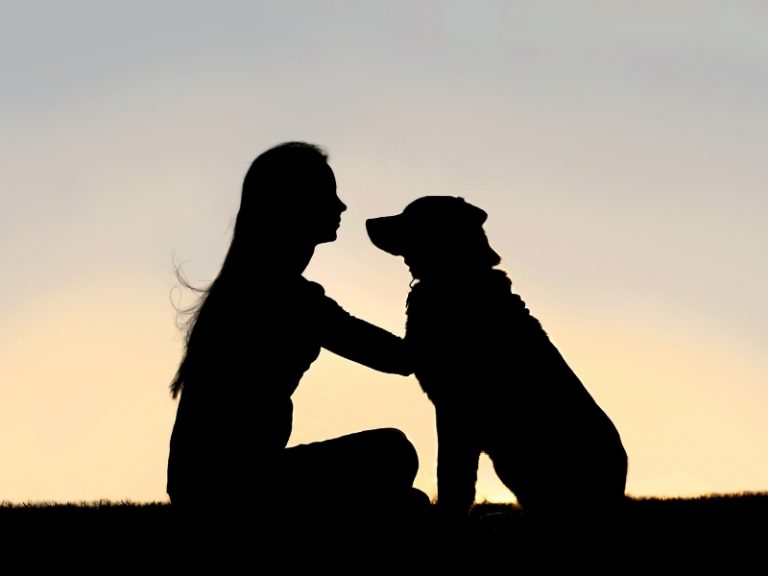Stages of Grief After Losing a Pet
The death of a pet will naturally cause suffering and pain. As you grieve this loss, it is helpful to understand that there are distinct stages to the grieving process.
You may experience some or all of these six stages of grief; and not necessarily in this order:
- Shock
- Anger
- Denial
- Guilt
- Depression
- Resolution
How you grieve will depend on your own personality, meaning that not all six stages will manifest in their entirety.
The most important thing is that you should allow this process to take place naturally, in whatever order the stages may come.
When you feel the need to suppress emotions or feelings, these will commonly reappear as unresolved grief weeks, months and often years later.
This article will offer more details on the different stages of grief after pet loss and the feelings that may subsequently occur.
Shock
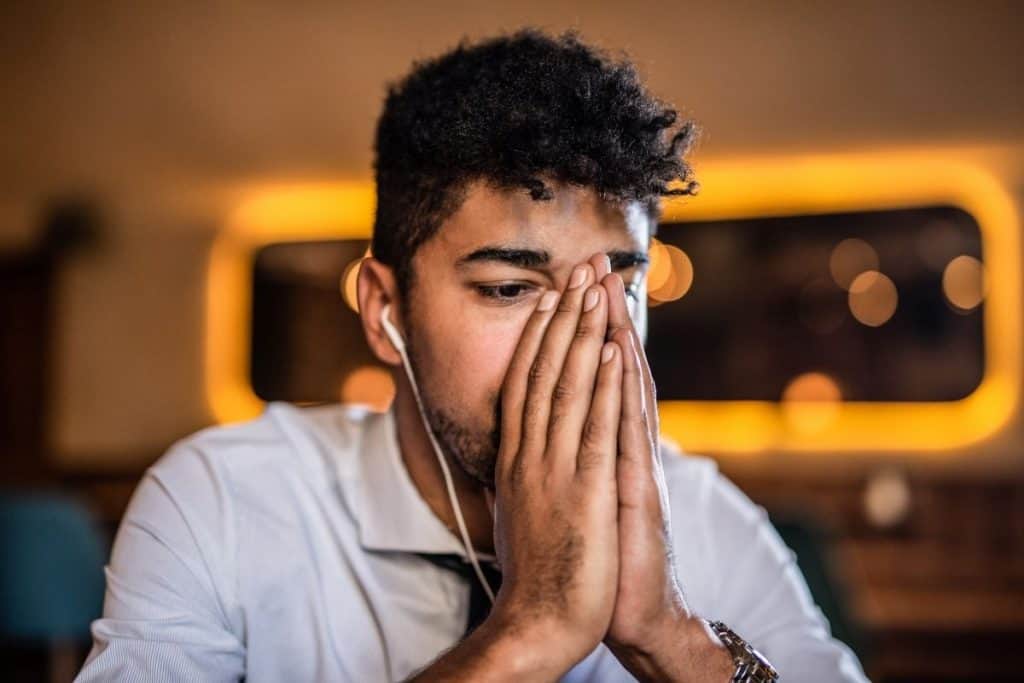
The death of a pet will usually come as a shock no matter how it happens, the realization that they’re gone forever whether it’s sudden, accidental or expected death is difficult to cope with.
It’s very common for a pet’s death to send their owners reeling and questioning themselves about what they could have done differently to save them.
Where the death resulted from an accident, an owner will commonly question the part that they played. In other cases animals have passed during routine operations needing to owners questioning their decision-making process.
Your head might fill of ‘what if’ scenarios and questions, as you navigate through the shock stage of your grief. This is natural, as your mind is just trying to work out what happened. Finding different ways to blame yourself is common.
It’s important to appreciate that despite your best efforts, accidents can happen and they’re outside of your control.
Unfortunately, pets will age and pass before their owners. The shock of your pet’s death will pass and you can move on to the next stage of the grieving process.
Anger

When a beloved pet dies, it’s reasonable that you will be angry with the world and yourself surrounding the circumstances of what happened.
Once shock of this event wears off, you may have felt that it was unfair. What did your faithful companion and friend do to deserve this? You’ll think, why did I allow this to happen?
The insensitivity of others may even cause you to lash out at friends and family. Hearing comments like it’s just a dog; it’s not as if you lost a son or daughter; just get over it, will not help.
Anger is a natural part of the grieving process; it’s perfectly normal to feel this way. To deal with this, you need to appreciate that you didn’t intentionally hurt them, remember how much you cared about and loved your pet.
This anger you feel yourself and the world around you isn’t rational and it will eventually pass with time.
Denial
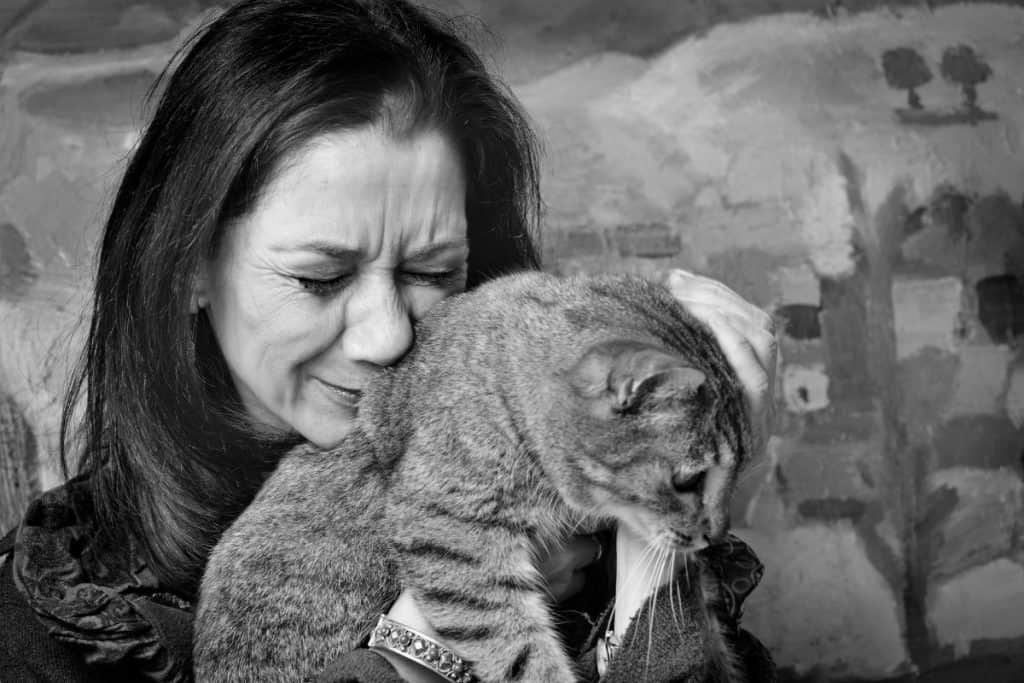
As you work your way through the anger stage of grieving the next potential stage is denial.
This is one stage that some people don’t experience, at least not in a clear cut fashion.
It doesn’t always mean that you’re in denial of your pet’s death, it could just mean that you’re in denial of your emotions or feelings surrounding the event.
Denying your emotions are feelings it’s going to prevent you from grieving correctly, especially with the loss of a beloved pet.
Many people who’ve never experienced this loss themselves will find it impossible to appreciate how much it can hurt and how sad owners feel.
If you are considering denying your feelings or emotions, don’t, neither is a healthy response.
Find someone you can open up to and allow yourself the freedom to mourn.
Guilt

Anyone who’s experienced death in their lives appreciates the feeling of guilt. Whether you’ve had a hand or part in a loved one getting hurt, do you feel guilty about not spending enough time with them?
Whatever the root of your guilt may allow thoughts and feelings surrounding your inability to prevent a pet’s death to overtake your mind, it’s not a healthy response.
The decisions you make about your pet’s health and well-being and directly correlated to the guilt that you might feel. It’s natural to blame yourself when things go wrong, but allowing this to overtake your thought process isn’t advisable.
The most effective way to overcome this part of the grieving process is to make a list of all the great things you did for your pet instead of constantly finding fault and looking for things to feel guilty about.
How to put yourself in your pet’s head and relive some amazing moments and memories that you made together.
Think about all the ways you show them how much you love and value them daily. Think about the quality of the food that you provided for them, how you took them for regular walks and cared for them anytime they were sick.
Unfortunately, because of things outside of your control for animal lovers, losing pets is just part of life feeling guilty about providing a loving home for an animal, it’s irrational.
Depression

One of the most difficult stages to overcome in the grieving process is depression.
If you suffer from this stage, you will perceive things completely differently everything can become clouded with negativity and darkness it may even come to the stage where you feel there’s no way of getting out from underneath it.
If you feel your depression building, and you leave it untreated it can cause you to isolate yourself from some of your closest relationships.
When people close to you cannot understand you’re grieving the loss of a pet, they may just see this distancing as you wanting some space.
It will be nearly impossible for others to understand the impact of your pet’s death has had on you although they may offer condolences.
Depression is not something that should be taken lightly and I encourage you to take action to allow you to open up about your emotions. Here is a link to the pet loss support groups page, which you may find helpful.
Resolution
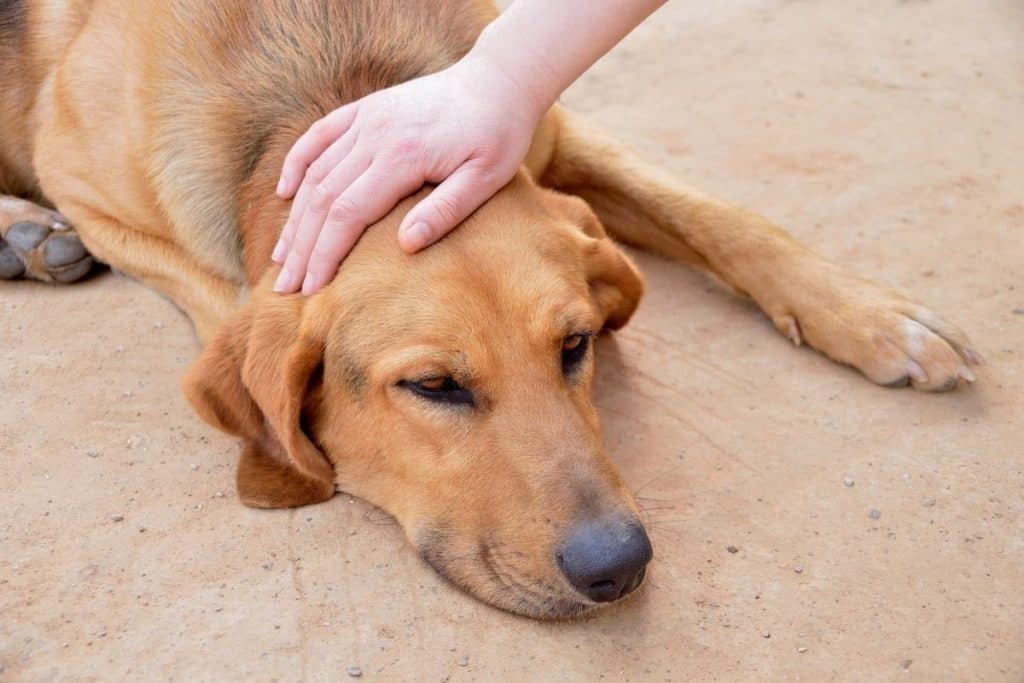
This phase of grieving will arrive when you eventually find acceptance around the loss of your pet and you are ready to move on.
Remember, moving on doesn’t mean that you no longer love your pet or that you’re going to forget about them.
It just means that you have navigated the grieving process, you have gained acceptance of your pet’s passing and you have successfully decided that it’s time to live your life again.
Experts advise that you take some time to honor and celebrate the life you and your pet had together.
This can be done by volunteering to help other animals or even having a special tribute in their memory.
The ability to let go of your brief and say goodbye to your pet is vital in the healing process.
Holding a pet funeral at home, it’s just one of many ways to honor their legacy. You don’t have to do this immediately following their death having a healthy grieving period is natural and the easiest way to eventually come to resolution.
Grief Comes in Many Forms With The Passing of a Pet
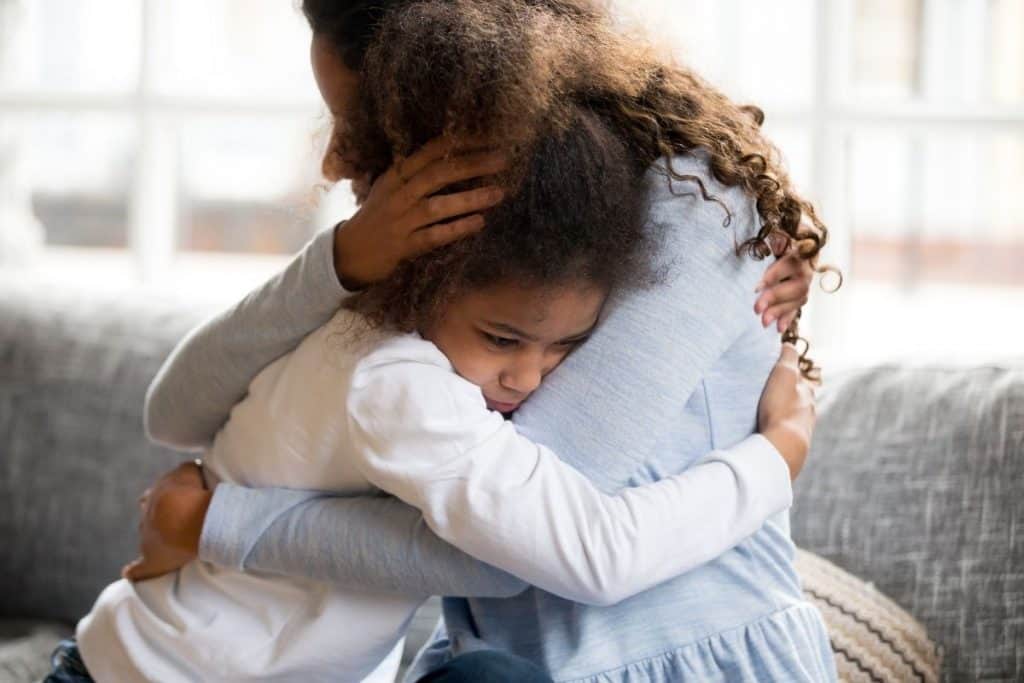
The stages of grief I have outlined above are a guide. Not everyone will experience all of them, even in the order that I listed them.
The most important thing that I would like you to take from this article is that grieving is okay, there’s nothing wrong with you, if you experience feelings or emotions following the death of a pet.
At this point it’s important to note that some people will not feel these emotions, some will feel relief that their pet has died. This is okay too.
When it’s come to where you can no longer ease their suffering, arranging for them to pass peacefully is sometimes the best thing you can do for them.
Remember your faithful companion and how they offered you unfailing love and the devotion will help let go of any guilt, anger, shame or denial and remind yourself about the wonderful life that you led together.

